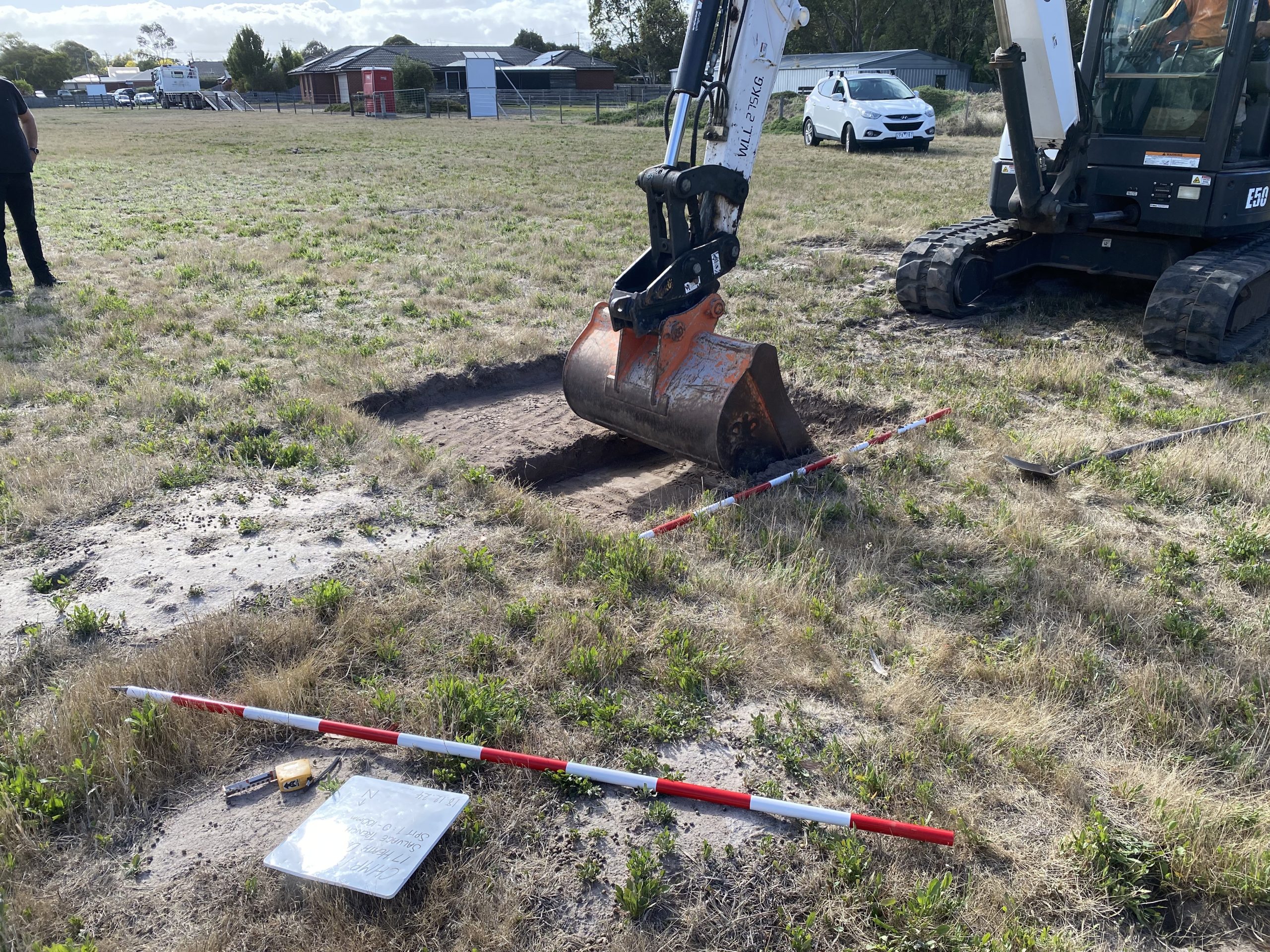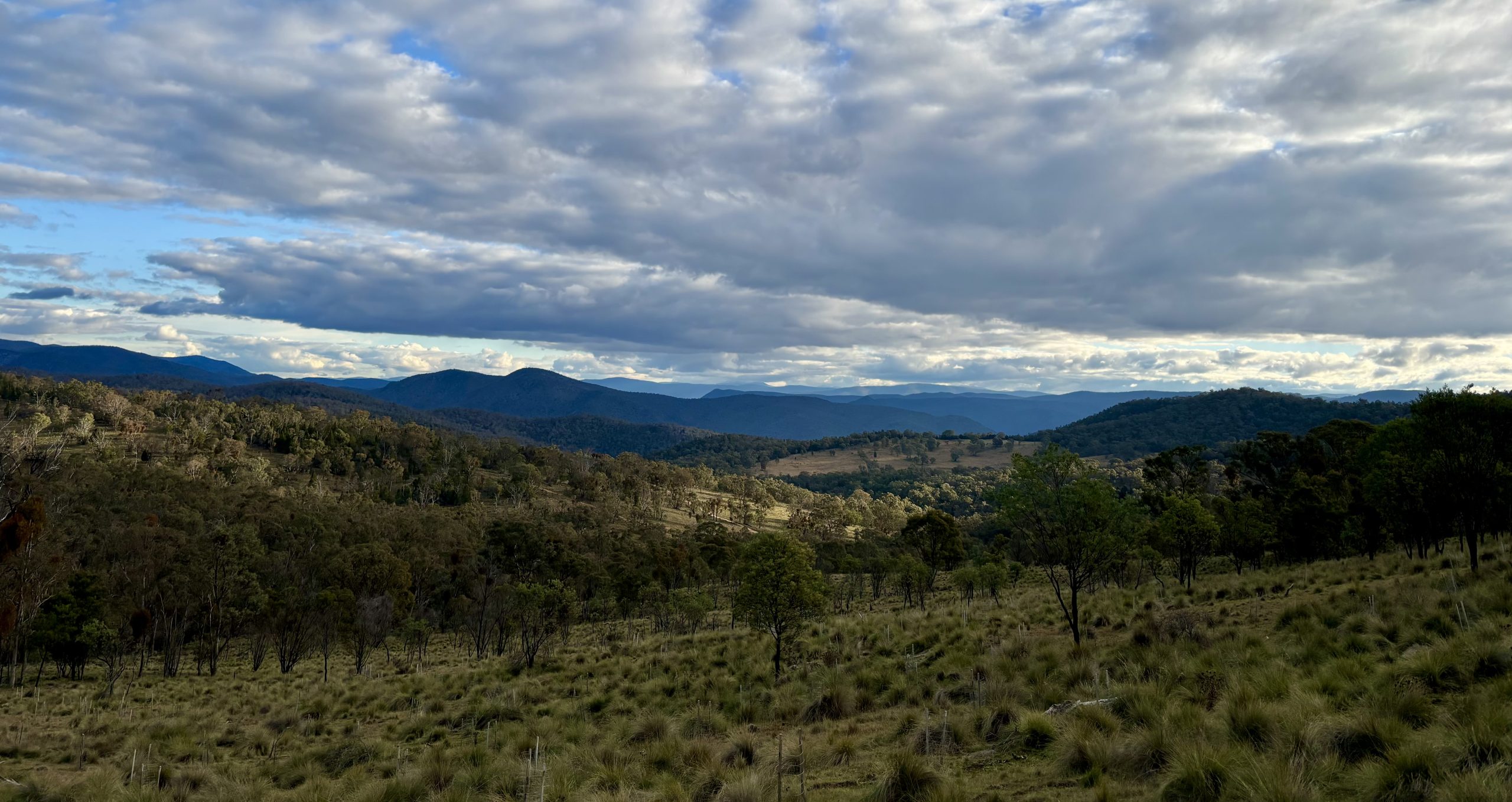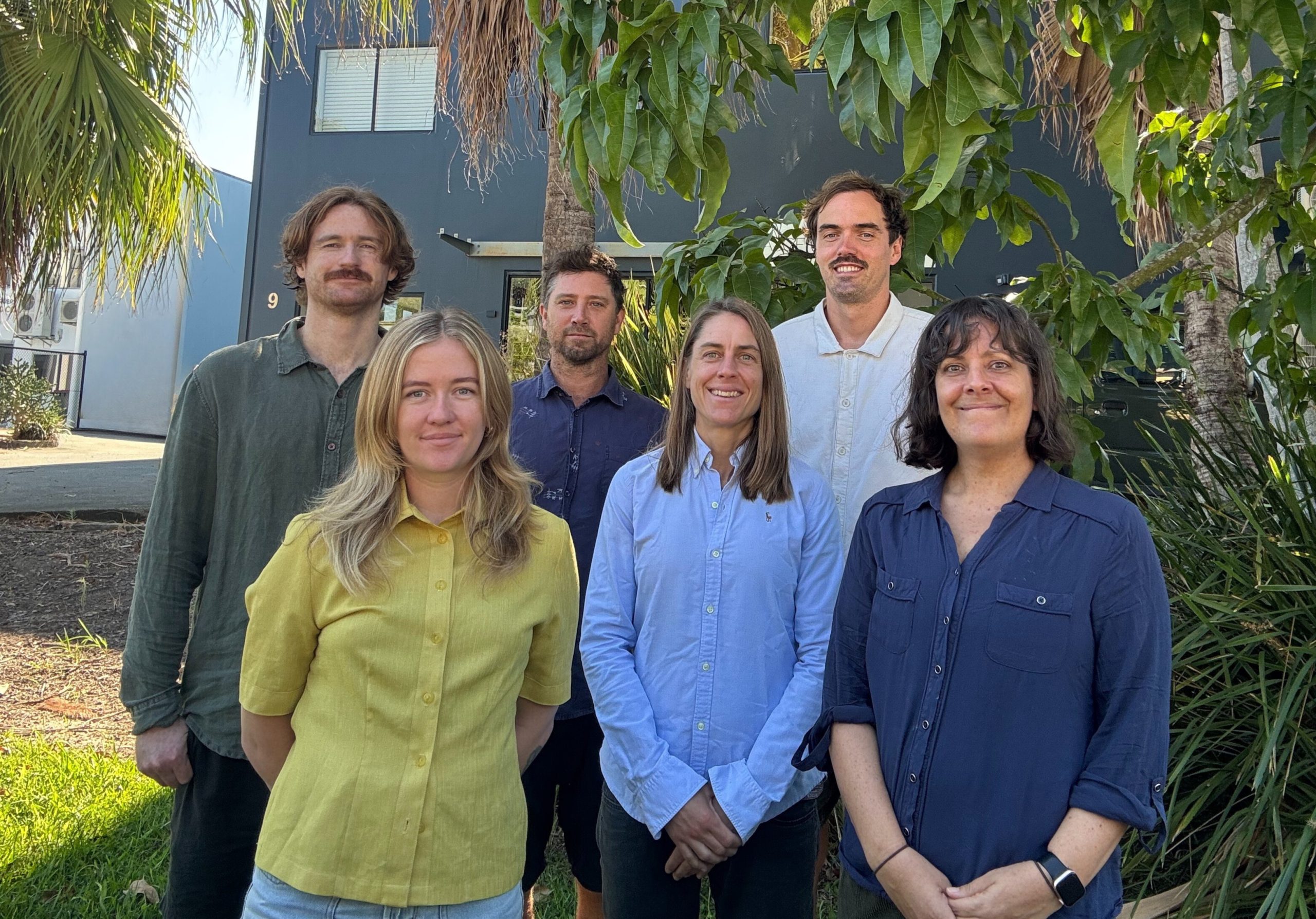Lessons from on the ground at a Nature Repair Market project
Author: Simon Tweed, Natural Capital Strategy Manager and Betha Westall, Natural Capital Associate
July 10, 2025
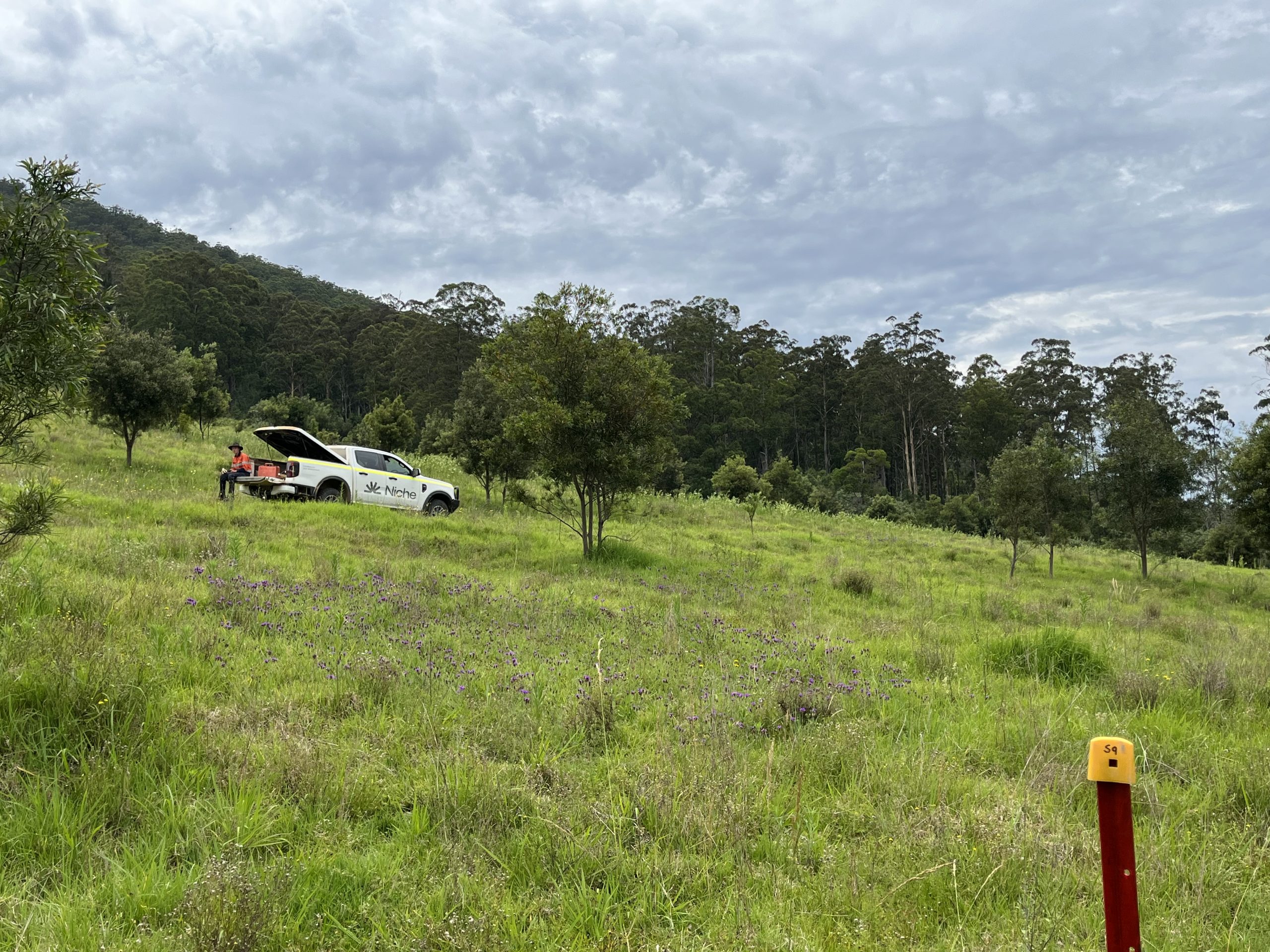
News & Insights
Australia’s Nature Repair Market (NRM) officially launched in March 2025 and interest is high from project developers, companies and landholders to get projects up and running.
Niche is uniquely position as an early leader in the NRM market, having provided ecological assessment services to support a project in this area.
For landholders, investors and proponents looking to get involved in the scheme, here we share our top lessons from the frontline.
The NRM so far
The NRM was launched as part of the Commonwealth Government’s Nature Positive Plan and it marked a significant step towards incentivising biodiversity restoration through a legislated, voluntary market.
The first approved methodology — Replanting Native Forest and Woodland Ecosystems (released in March this year) — provides a framework for restoring cleared landscapes by reintroducing native vegetation and enhancing ecological connectivity. The method was also designed for projects to be able to be stacked with Environmental Planting carbon projects that generate Australian Carbon Credit Units (ACCUs).
This pioneering market allows project proponents to earn biodiversity certificates for measurable ecological improvements, which can then be traded or retired to support nature positive goals.
Niche’s early leadership in the market
In 2024, Niche was engaged to deliver starting state assessments for a project based on the recently released draft Replanting Native Forest and Woodland Ecosystems method.
Starting state assessments are required across the project area before an application to register a NRM project is made to confirm eligibility, complete an ecosystem assessment and document relevant additional features including First Peoples engagement, historical land use and threats.
This work involved Niche’s team of ecologists delivering baseline surveys across over 450 hectares of eucalyptus forest and subtropical rainforest.
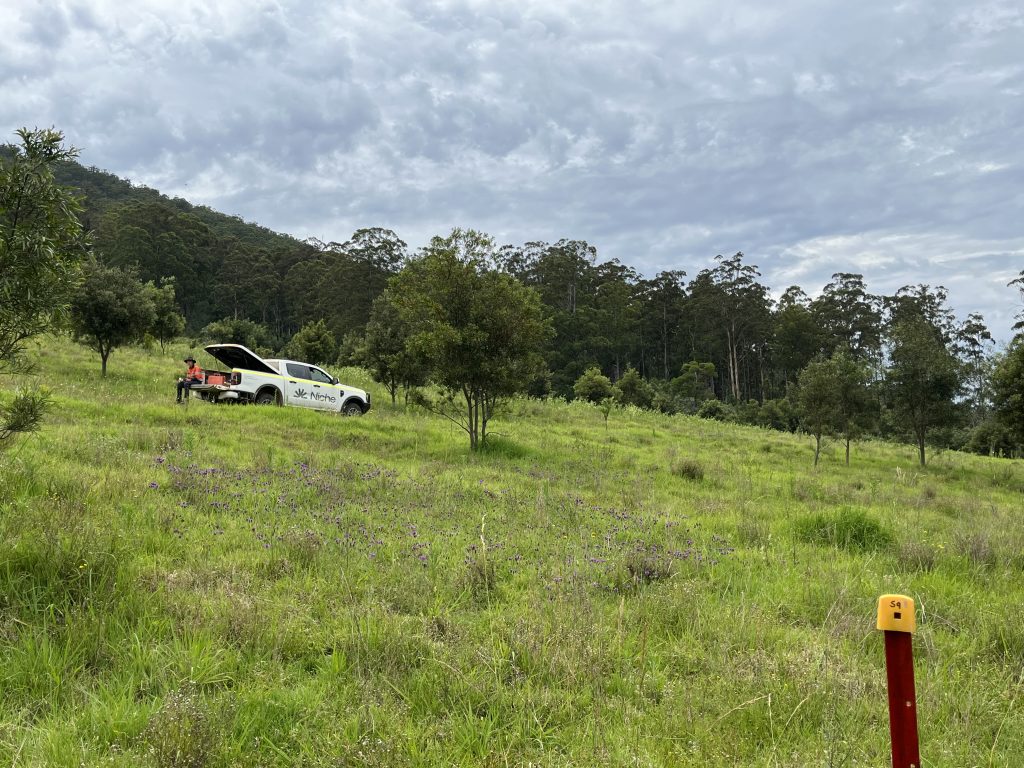
On the ground at a Nature Repair Market project
As the methodology was still in development, there was limited guidance on the required outcomes. But given Niche’s experience conducting complex ecological surveys aligned with government methods like the Biodiversity Assessment Method (BAM) in NSW, the team was able to start early with this important work.
Almost six months later, when the final NRM method was released, Niche worked closely with our client and the Clean Energy Regulator to ensure the original data collected was compliant and supported the development of key documents required for the submission of the project for registration.
This places Niche in a unique position as a trailblazer in the NRM, being the first ecology and biodiversity consultancy to conduct assessments and apply the NRM methodology.
Top lessons from the frontline
As early adopters, Niche has gained valuable insights into what project proponents need to consider when initiating an NRM project and selecting a partner to conduct ecological assessments.
1. Biodiversity expertise is critical
Successful projects require teams with deep ecological field knowledge to ensure the strongest scientific foundations for the project. Niche is unrivalled in our depth of biodiversity assessment expertise, with over 15 years working on complex environmental projects and a large team of botanists, zoologists and ecologists with experience identifying and cataloguing thousands of flora and fauna species across Australia.
These ecologists are backed by specialists in restoration ecology, carbon, GIS, and environmental policy, with this multidisciplinary collaboration ensuring scientific integrity and alignment with ecological best practices.
2. Data management must be robust and flexible
Handling large volumes of complex ecological data demands sophisticated systems for collection, analysis and storage. It is critical to ensure accuracy and efficiency of assessments and also allow for flexibility for ongoing analysis as the project goes through the submission process.
Niche has developed purpose-built systems to support our field teams to efficiently collect data uniquely required for the NRM methodology which enables streamlined reporting as part of project submission documentation.
3. Must-have regulatory knowledge and experience
As well as knowing the NRM methodology inside-out, it is essential to have a solid understanding of both state and Commonwealth environmental frameworks to efficiently navigate the application process and rules.
For example, this helps to ensure the identification of required benchmarks and selection of restoration targets that align with project goals and regulatory requirements , maximising ecological outcomes that are also realistic and achievable.
With Niche’s biodiversity experience underlying our knowledge of the NRM, we bring a unique depth and credibility to these new projects.
Partnering for nature impact
As the Nature Repair Market evolves, opportunities for landholders, investors, conservation groups, and developers to participate in voluntary biodiversity projects are expanding.
Niche has been delivering complex environmental projects for more than 15 years so our teams are well-versed in the deep technical and regulatory knowledge, field skills and collaboration that will be critical for the success of new NRM projects.
Our Natural Capital team offers comprehensive support for projects under both the NRM and Accounting for Nature frameworks. Whether you’re a landholder seeking to restore native habitat or a company aiming to invest in biodiversity, Niche is your trusted guide.
The Nature Repair Market represents a transformative shift in how we value and invest in nature. With the first methodology now active and projects underway, the time to engage is now.
Reach out to Niche to explore how your land or project can contribute to Australia’s nature positive future.



